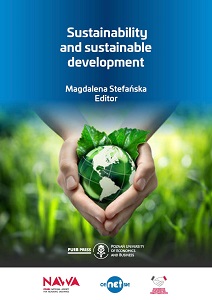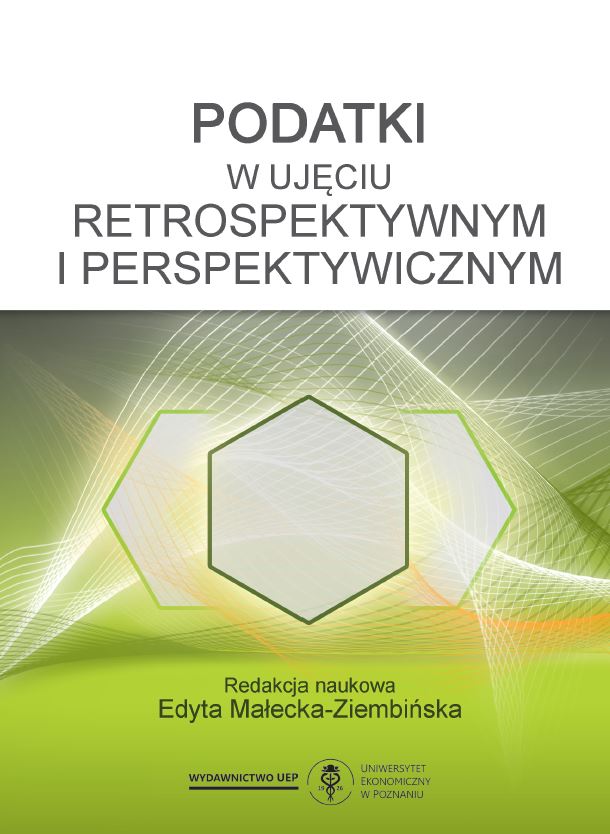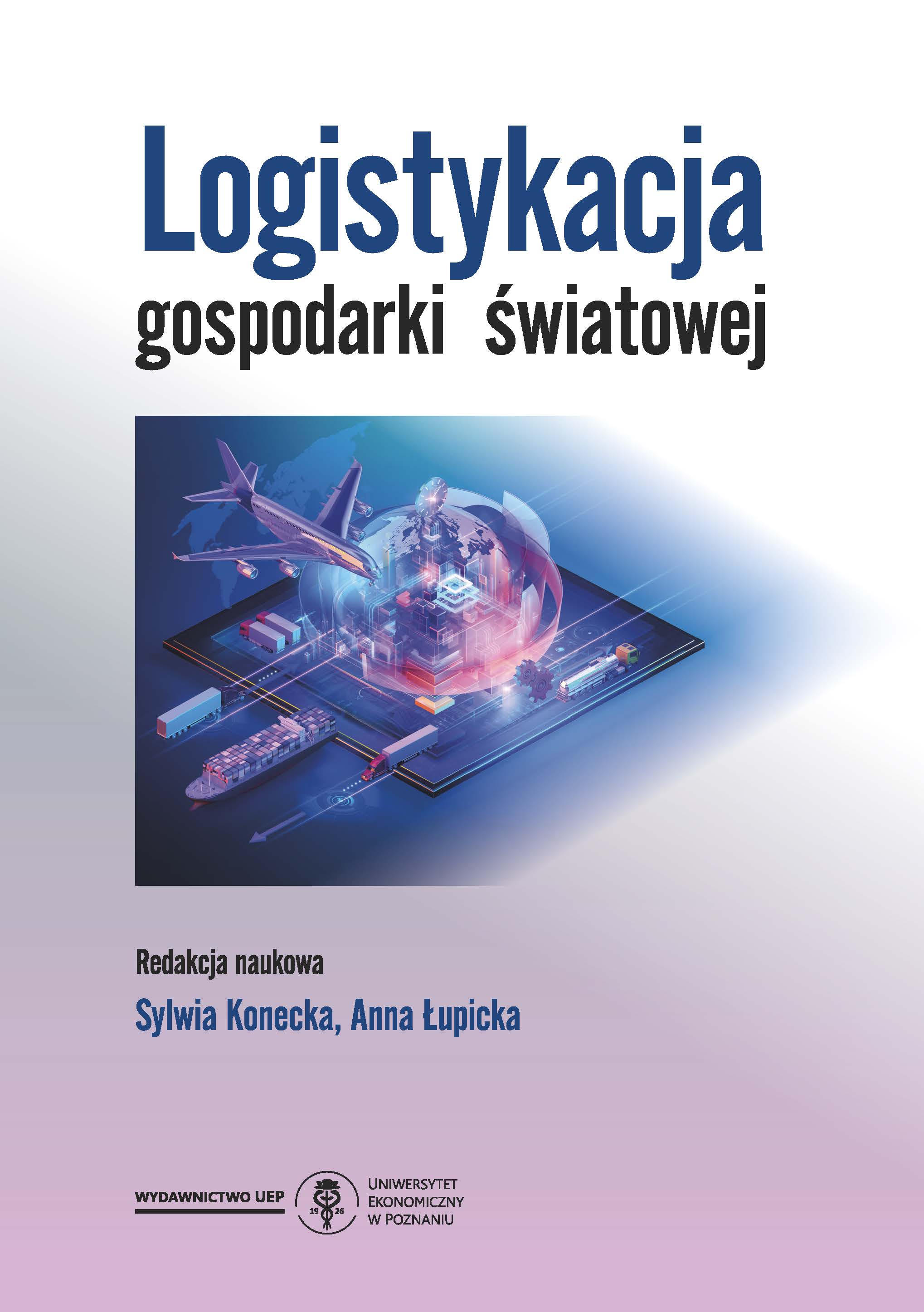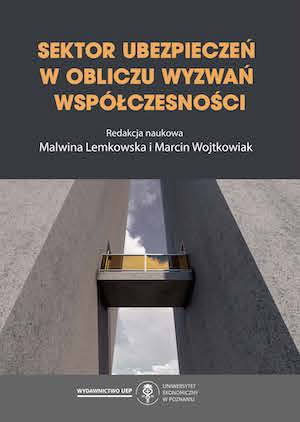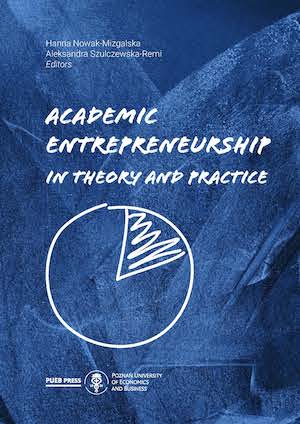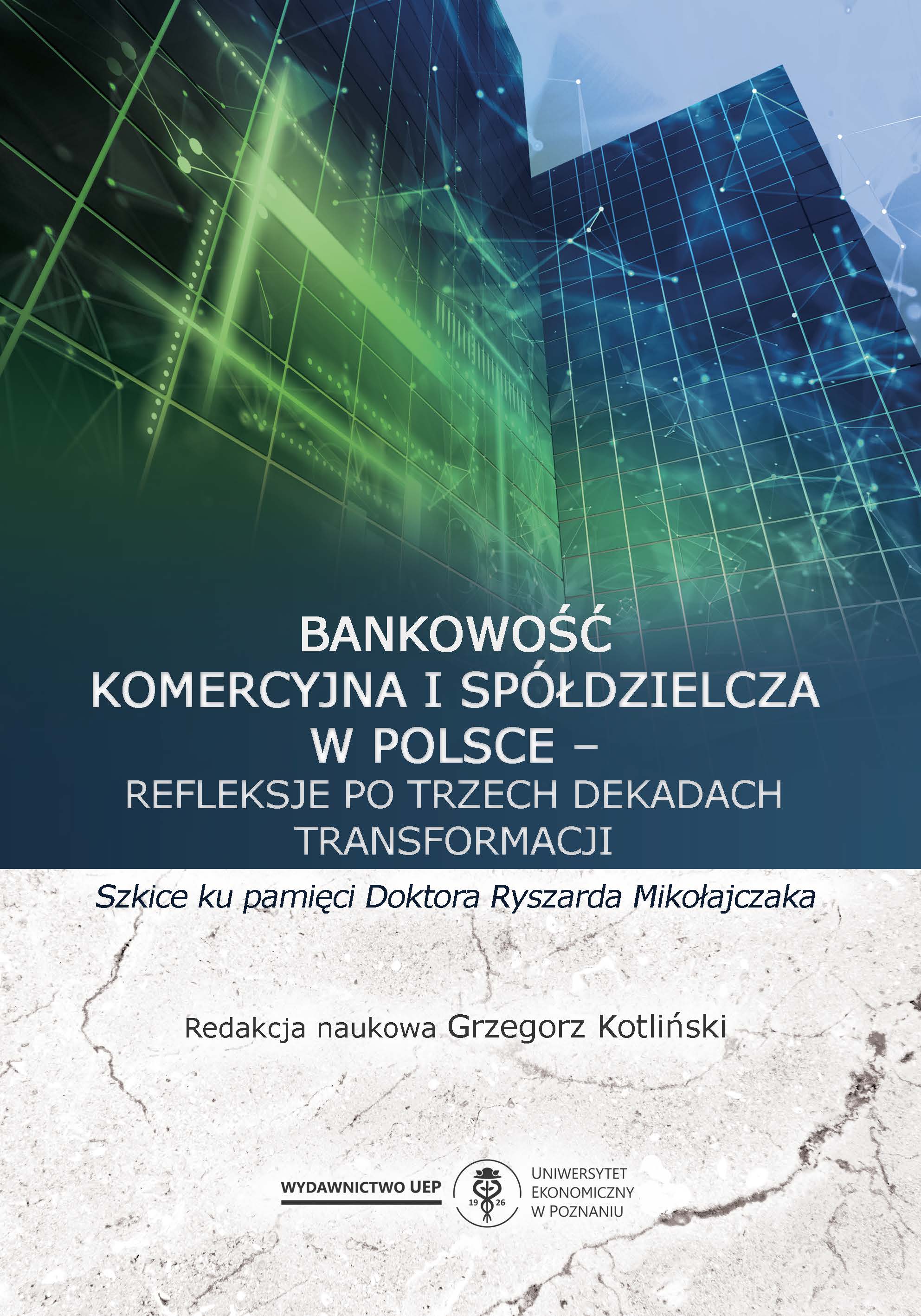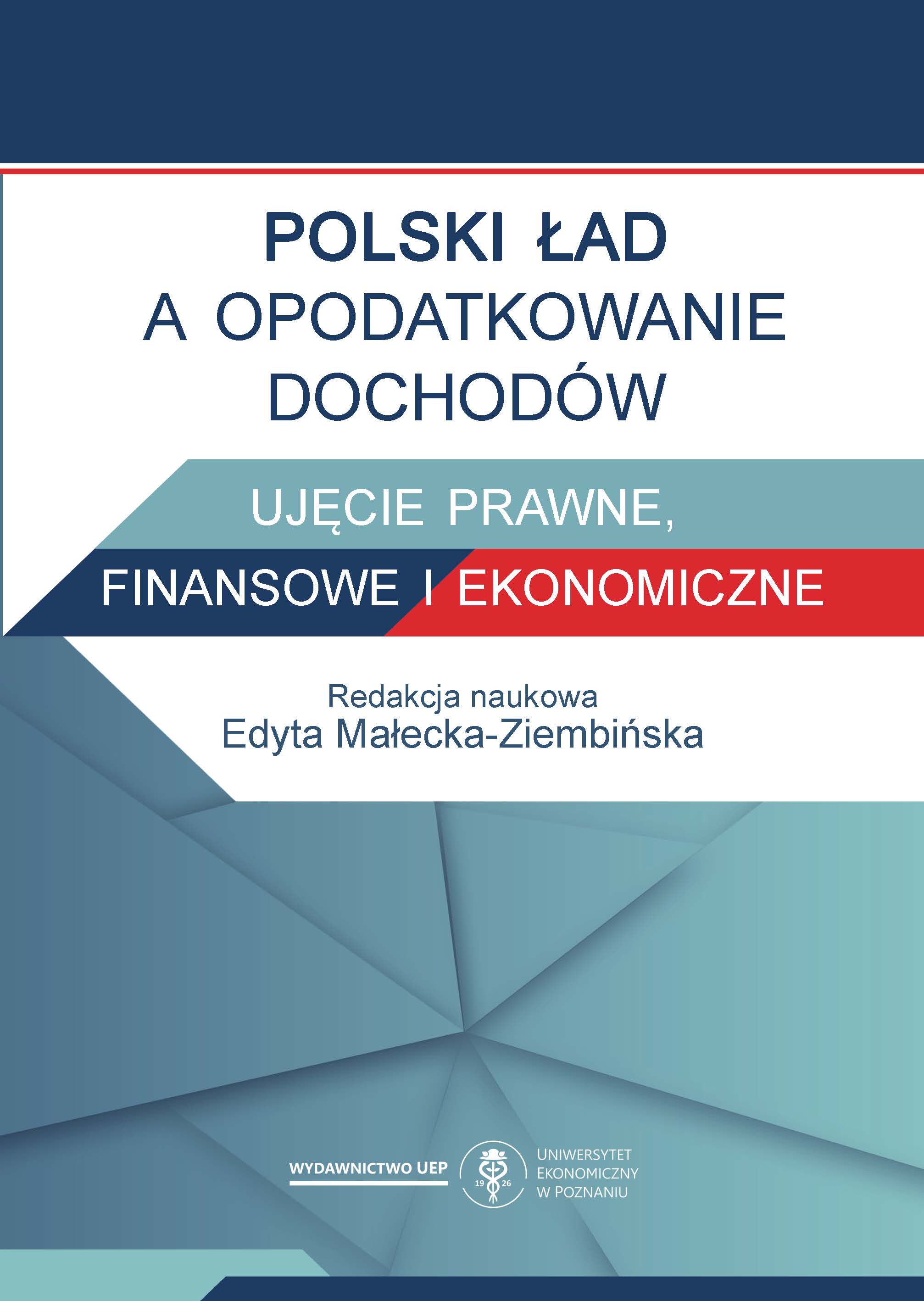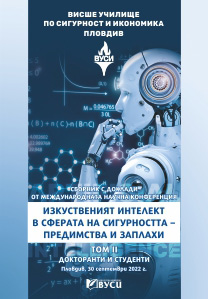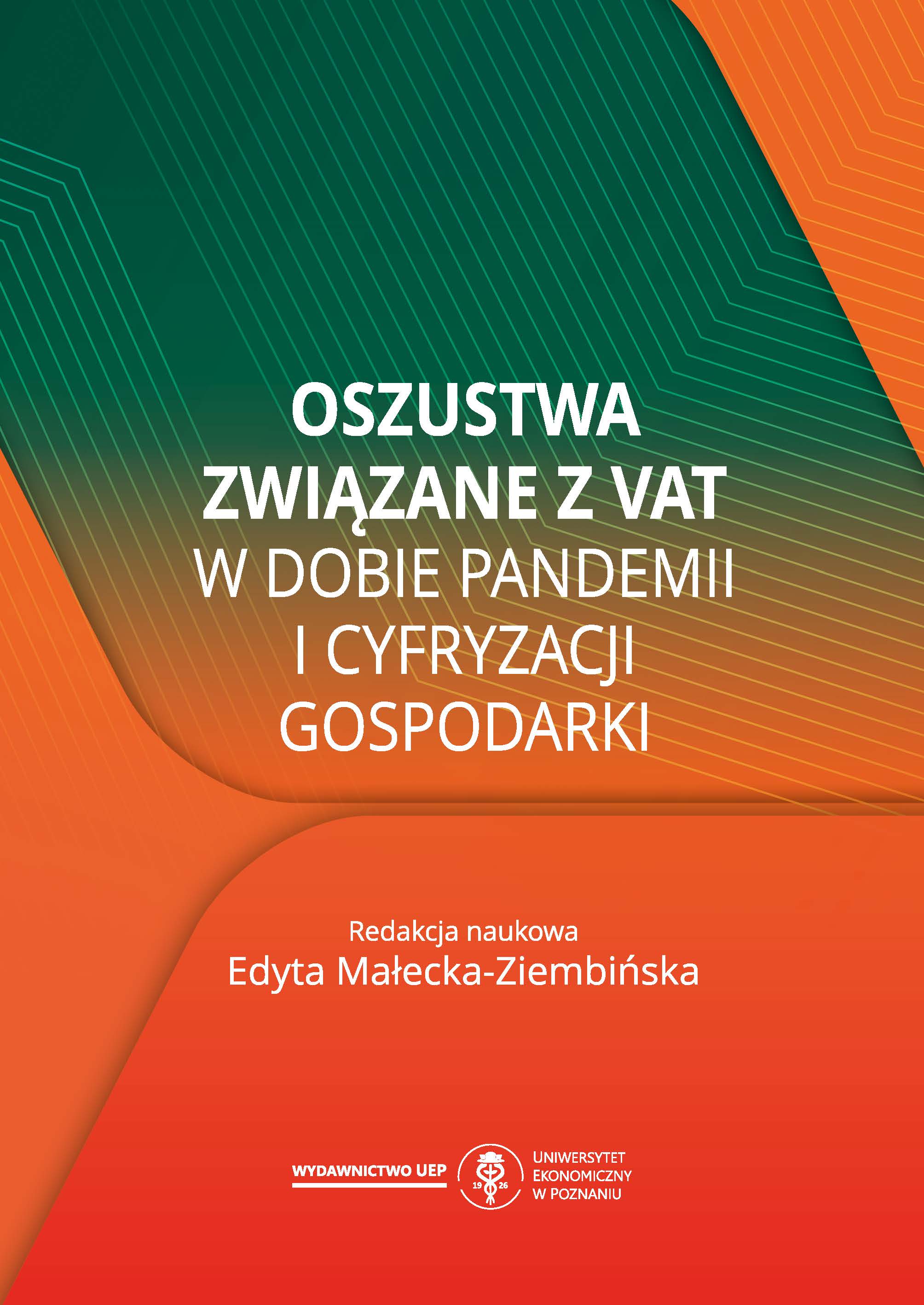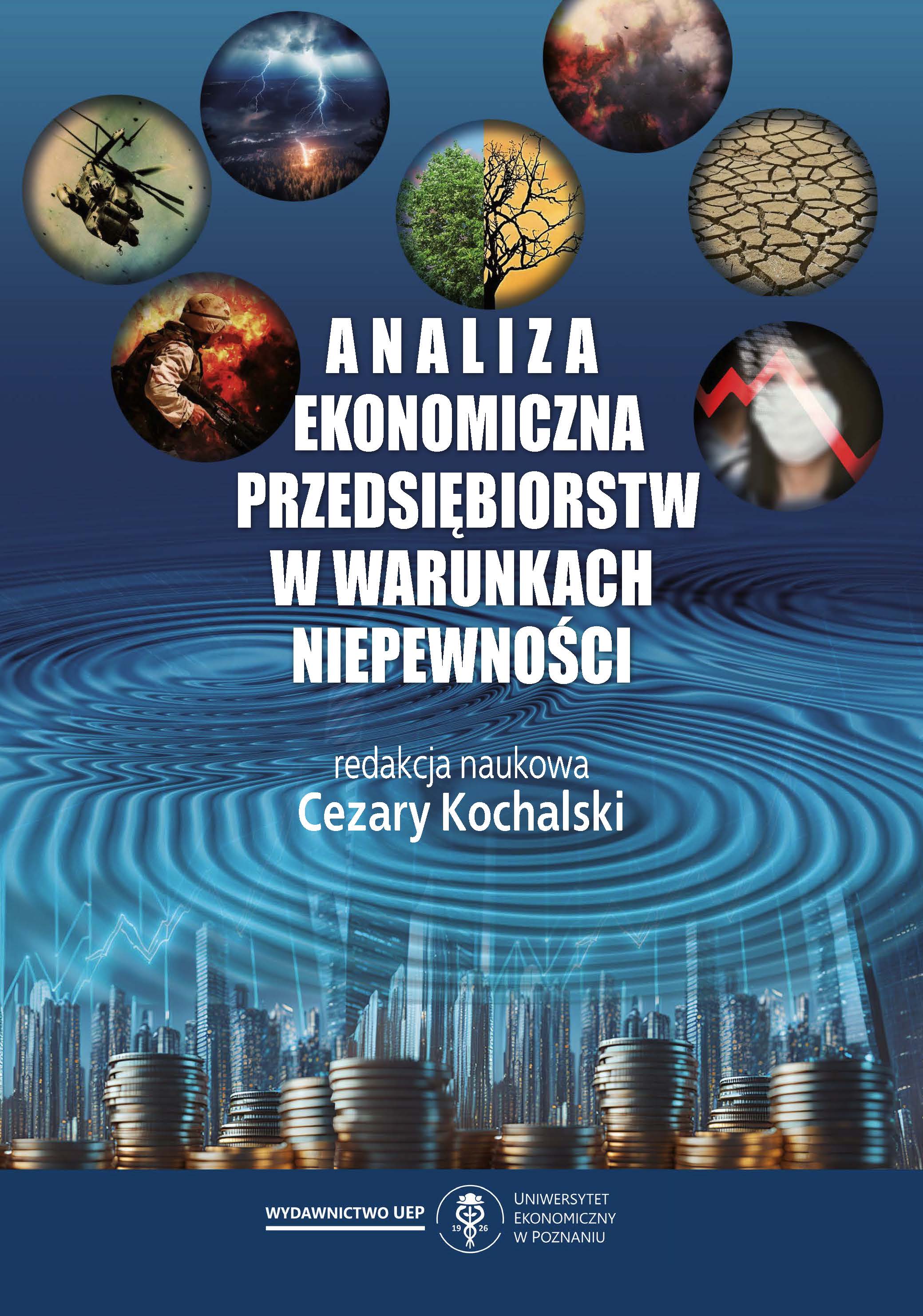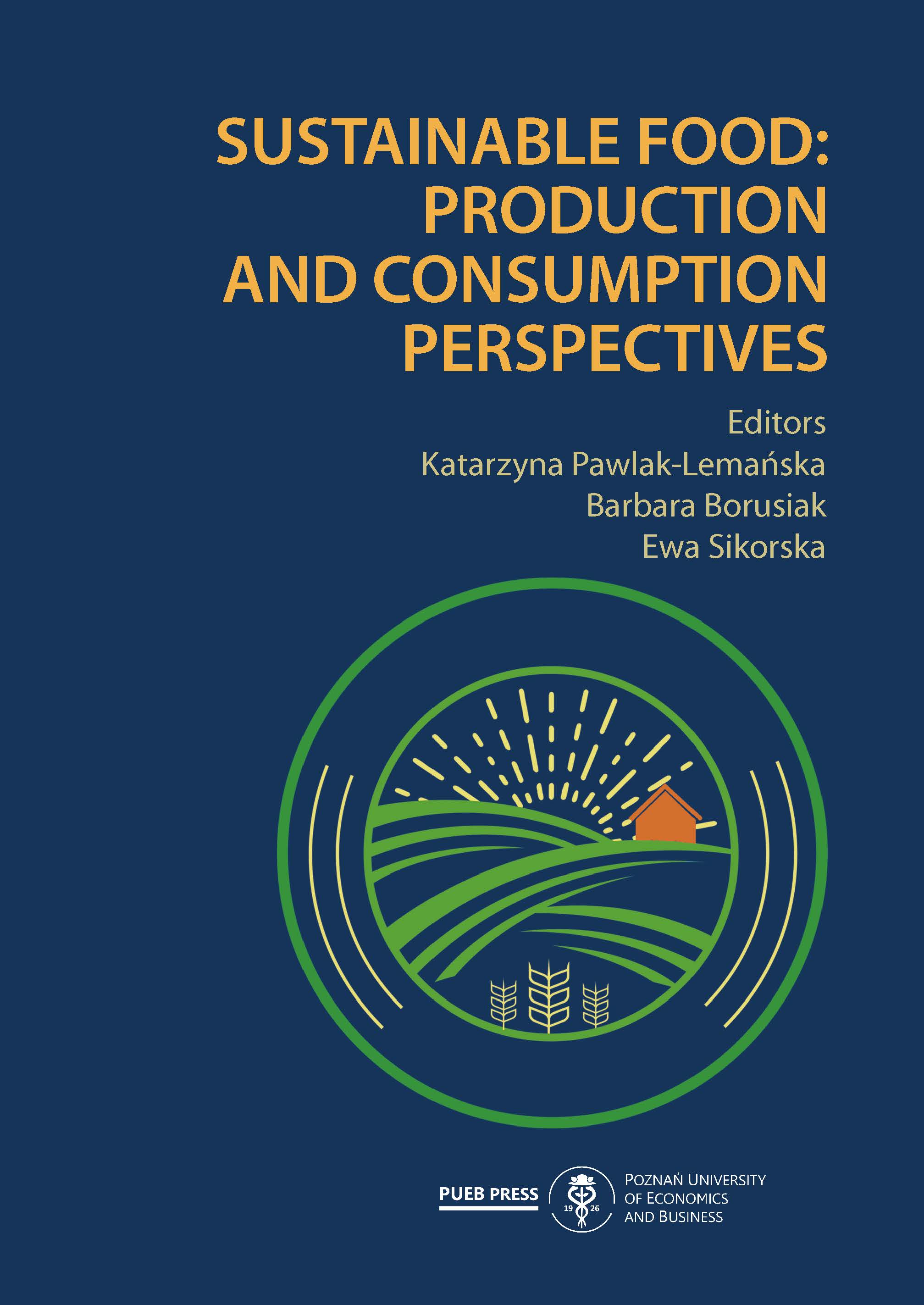Author(s): Magdalena Stefańska,Gabriel Grabowski / Language(s): English
Publication Year: 0
Most of empirical literature on participation in and choice of recycling at the household level has been focused on factors determining the direct cost for households engaging in recycling efforts (Czajkowski, Kądziela, & Hanley 2012; Huhtala, 2010, Jenkins, Martinez, Palmer, & Podolsky,2003). Researchers noticed mixed findings in the literature on the significance of waste collection fees for recycling efforts. There is also a question as whether household recycling efforts represent a social cost, which should be taken into account in cost-benefit analyses of alternative waste treatment systems. Some argue that it should not be calculated, since recycling efforts are, to a large extent, voluntary. But on the other hand, households devote time to segregation, which is, in fact, an alternative cost (Bruvoll & Nyborg, 2002). One of the barriers of effective segregation seems to be a low level of awareness on recycling and segregation issues among households. That was also noticed in research conducted by Omran, Mahmood, Abdul Aziz and Robinson (2009). The aim of this case study is to recognise why citizens’ knowledge on waste segregation rules is not sufficient enough. Despite research results confirming rather limited consumer skills related to the subject, efficient methods to make people increase their awareness of what correct selective waste collection is, seem to remain still undiscovered. The students’ task is both to identify why mistakes in waste segregation are made, as well as to propose ways of helping citizens avoid them.
More...
